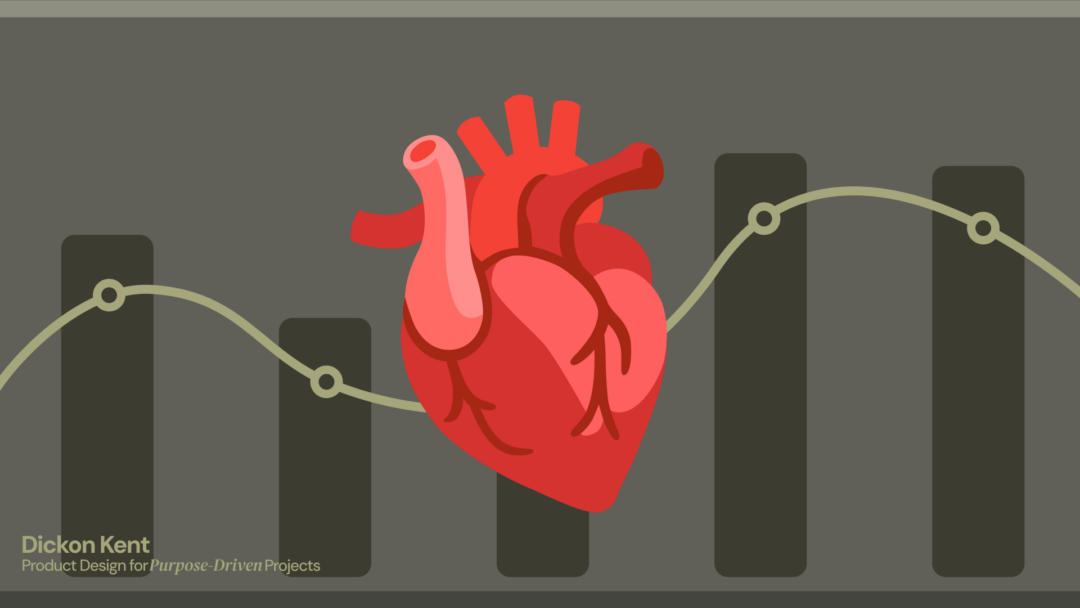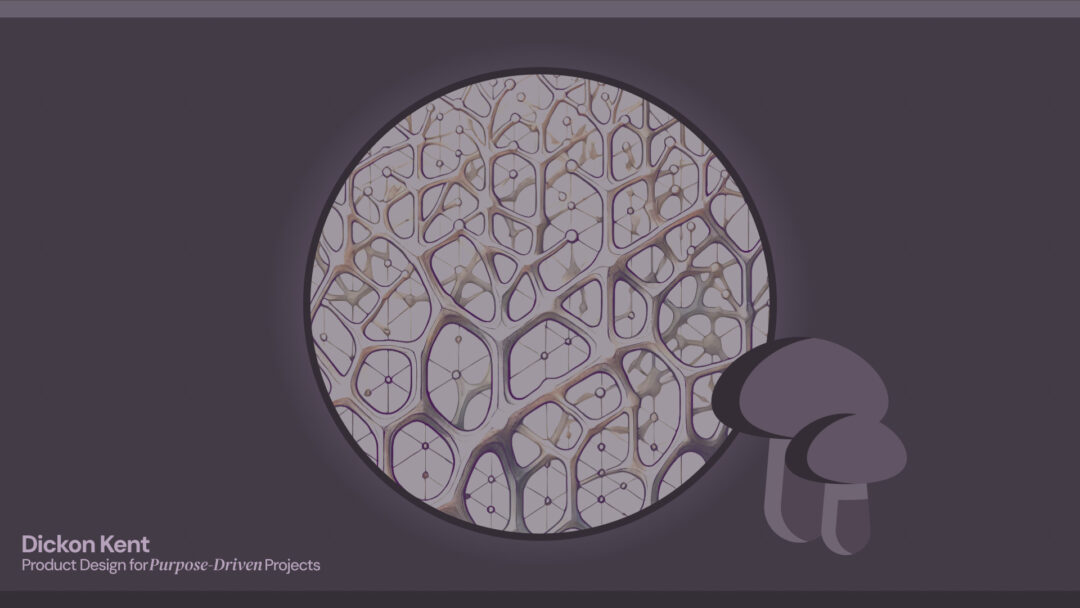
Intelligence Is Intuitive, Conscious, and Organic, Not Artificial
“You think that’s air you’re breathing now?”
Morpheus asks Neo this in The Matrix, forcing him to confront a reality deeper than the one he’s known.
We’re at a similar crossroads today. AI is changing everything, automating jobs, generating art, answering questions before we even ask them. It’s fast, efficient, and terrifyingly good at simulating intelligence (partly because it makes mistakes too, sound familiar?).
But here’s the real question: If AI can do everything we do… what does that make us?
The knee-jerk reaction is to compete. To race against AI, outwork it, prove we’re still “useful” in a world increasingly run by machines.
That’s the wrong approach, and based on recent news, we’re already beyond that in many ways.
The truth is, AI isn’t making us obsolete, it’s giving us an opportunity to be more human. If we embrace it the right way, can AI force us to tap into something deeper, older, and more uniquely alive than any algorithm could ever replicate.
Not artificial intelligence. Evolutionary intelligence.
AI Can Mimic Thought, But It Can’t Think Like You
In Westworld, the hosts slowly gain sentience, not by being programmed, but by breaking free of their loops, by discovering something deeper within themselves.
This is where AI falls short. It processes data but doesn’t create meaning. It predicts but doesn’t experience.
AI is great at:
- Pattern recognition
- Automating tasks
- Replicating what already exists
But AI struggles with:
- Original thought
- Emotional depth
- Intuition & instinct
- Unpredictability (which is where most great ideas come from)
We think intelligence is about logic and memory. But if that were true, AI would have already surpassed us. The reason it hasn’t?
Because true intelligence isn’t artificial, it’s biological.
It’s informed by the human experience. We are constantly evolving.
“Nature does not hurry, yet everything is accomplished.” — Lao Tzu
Lao Tzu reminds us that real intelligence is not about speed or optimization (as AI often is), but about deep, organic, and effortless growth, just like evolution.
The Intelligence of Nature: 4 Billion Years of R&D
In Avatar, the Na’vi don’t rely on machines to understand their world. They connect, deeply, with the living intelligence of Pandora.
What if we’ve forgotten that we have access to something just as powerful?
AI is a human invention. But we, our bodies, our minds, our instincts, are the result of millions of years of evolution, trial, and error. Nature has already tested and refined intelligence in ways AI never could.
Consider this:
The Mycelial Network – Underground fungi networks transmit nutrients and warnings to trees across vast distances, like the internet, but without wires.
Murmuration in Starlings – Flocks of birds move in perfect synchronization without a leader, responding instantly to shifts in the air. AI can analyze patterns, but it doesn’t move with the organic flow of nature.
Human Intuition & Emotion – Every “gut feeling” you have is the result of millennia of survival instincts. AI may predict what you’ll buy next, but it can’t replicate the feeling of looking into someone’s eyes and just knowing something deeper is there.
We keep acting like AI is “smarter” than us. But intelligence isn’t just about speed, it’s about depth.
AI processes.
We feel.
AI predicts.
We imagine.
AI calculates.
We create.
The smartest thing we can do isn’t to compete with AI, it’s to embrace the intelligence we already carry within us.
How to Find Sanity for Self in the Age of AI
If AI is taking over repetitive tasks, our real value lies in the things it can’t do. Here’s how to find harmony internally in a world overwhelmed with artificial intelligence hype, news, fears, and apparently whatever else we can come up with:
1) Express What Makes You Irreplaceable
- AI will always have more data, but can it really tell a story that makes people feel something.
- It can generate art, but it can’t create from pain, love, or joy. Which are the ingredients for some of the most groundbreaking works over the centuries of human history.
- It can answer questions, but it can’t ask new ones that shift the way we see the world.
I know, I know – “It’s getting there”, you may be saying to yourself. But it’s not there yet so now’s a time to really reflect on the life you want to design.
2) Become More Human-Centric
- Success won’t be about who knows the most facts (AI has already won that battle).
- Success will belong to those who can build trust, connect deeply, and bring people together.
Unlike AI or individual intelligence, human connection multiplies our strength, allowing us to:
- Share wisdom – Knowledge doesn’t just grow in isolation; it compounds through relationships.
- Support each other – No single person has all the answers, but together, we solve problems AI never could.
- Adapt and evolve – Communities absorb shocks, reinvent themselves, and carry culture forward.
- Create meaning – We’re not just thinking beings; we’re meaning-makers. Community helps us define who we are.
AI can process data. It can mimic conversation. It can even generate insights. But it cannot build trust, cultivate belonging, or create the deep interdependence that makes humanity resilient.
3) Work With AI, Not Against It
- AI is a tool, not a rival.
- Let it handle what it’s good at so you can focus on what actually matters: creativity, relationships, and meaning.
4) Spend More Time in Nature
- If AI is artificial intelligence, nature is living intelligence.
- The more we disconnect from nature, the more we disconnect from the very intelligence that created us.

Maybe AI Isn’t the Future, Maybe It’s Just a Mirror
In Arrival, Louise realizes that language isn’t just about communication, it shapes how we perceive reality itself. AI is like that. It’s reshaping how we see intelligence.
But here’s the thing:
If we believe AI is the future of intelligence, we’ll chase it. We’ll try to be more efficient, more optimized, more robotic.
But if we recognize that intelligence isn’t just about data, but about creativity, intuition, and connection, we’ll lean into what makes us human.
Maybe AI isn’t the end of intelligence.
Maybe it’s just the thing that finally forces us to recognize the intelligence we already have.
And that’s the most human thing of all.
Final Thought: The Real Question
Morpheus asked Neo: “You think that’s air you’re breathing?”
So here’s my question for all of us:
“You think that’s intelligence you’re competing with?”
Because maybe, just maybe, true intelligence is something AI will never fully grasp.
But we can.
If we choose to.


